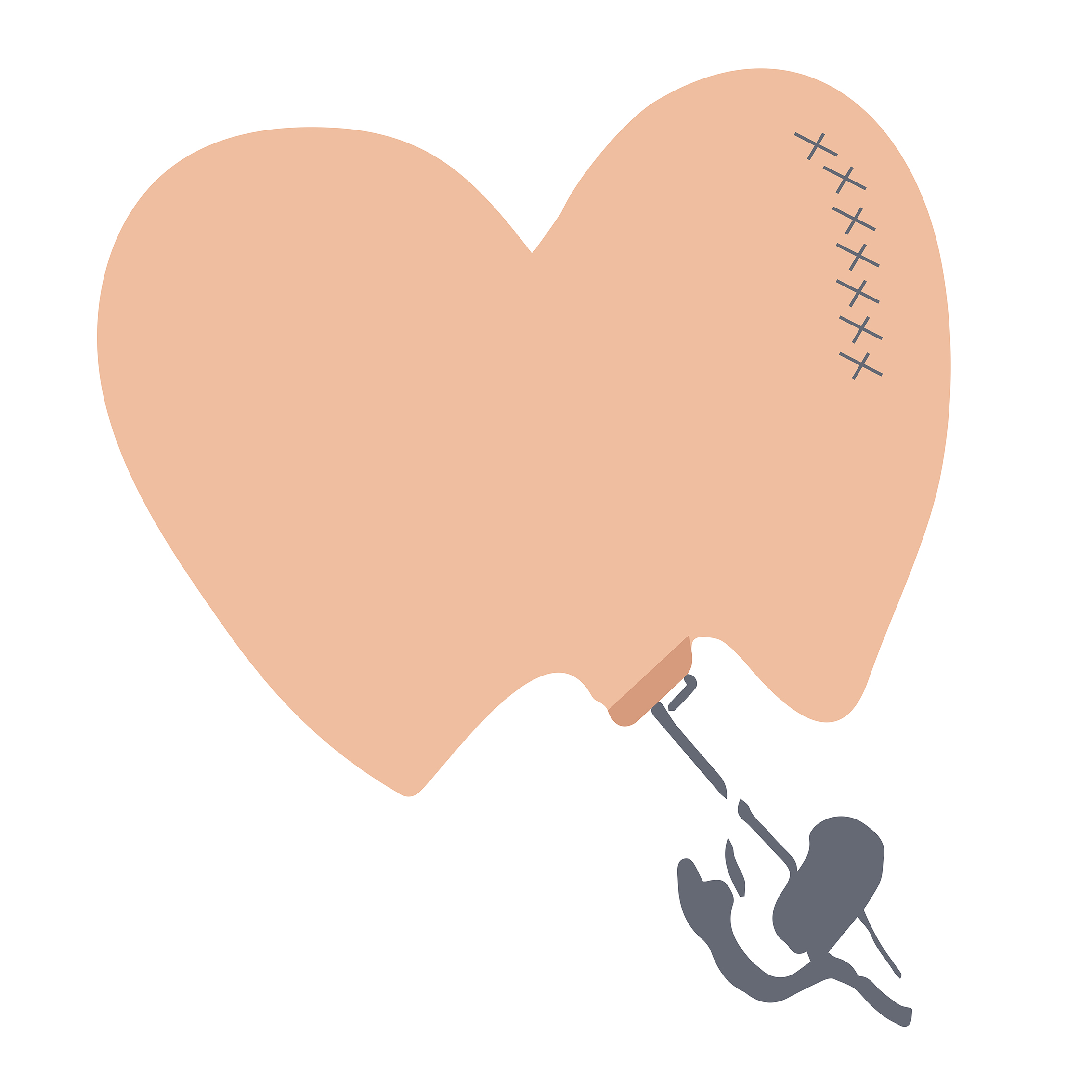
The 4 Rs of Self-Forgiveness

Self-forgiveness is a key part of healing and personal growth, without it, you are holding yourself back from your full potential and opportunities that are out there for you. The holding on to a past event or behaviour keeps you in this feeling of shame, of anger and of that you are perhaps underserving of all that you desire.
A result of being unable to forgive yourself is that you have more than likely subconsciously put up barriers to the world around you. These barriers may be hindering your ability to build relationships, friendships or reconciling past connections.
Sometimes self-forgiveness is not all about our own transgressions, we can often feel we were wronged, and although we may not have played a part in such a situation, we would have reacted, and we may be harbouring feelings about our actions after the event, and these are delaying our ability to move on.
So how can you heal and move forward then?
It can take on many forms, and many approaches, and true self-forgiveness requires some soul-searching. Throughout the many approaches that people take, there a four key stages that are crucial to self-forgiveness and feature in all approaches to healing from past events.
These four stages are the four R’s
1- Recognition: This step is about recognising that self-forgiveness is an option, and that taking the step to forgive yourself can provide and release the feelings and thoughts that you are holding on to. This step requires you to be consciously aware and receive the insights that are naturally coming to you about past events that are haunting you. You may have feelings of all the emotions and words left unsaid, but you need to let those go and understand that you are deserving of this process.
2- Responsibility/Remorse: This stage is about moving towards a greater understanding of your previous actions or role in a past event. It needs to be looked at with a willingness to see it for what it is, and accept any wrongdoings on your behalf. At this stage you need to understand that as humans we are imperfect and should be able to take responsibility for that and allow ourselves compassion.
3- Restoration: An important part of forgiving yourself is to make amends for your mistakes. If it’s needed, make genuine apologies to those you have hurt. This takes away the feeling of wishing you could have done more, or done something differently, because at this stage, you can’t. But what you can do is apologise and leave things better than before, you can close that chapter knowing you have done the right thing and you deserve to move on from it.
4- Renewal: You have taken the steps to understand, learn and rectify those things that have been holding you back and affecting your self-esteem, motivation and well-being. Now it’s time to let them go, it’s time to step into the present, and know that moving forward, you have the knowledge and experience to act differently. We’re not saying it’s a brand new clean slate, but again, think of it as a book, close the chapter and start writing the new one.
There is of course caveats we want to mention, many victims of abuse, or those who have suffered loss that was out of their control, they sometimes blame themselves when they shouldn’t. This does not require self-forgiveness, but instead some deeper healing practices.
But for those where self-forgiveness is appropriate, the benefits to you are incredible. You need to forgive yourself to realise you deserve to reach your full potential, you deserve those friendships and those relationships, and you deserve to feel the mental wellbeing benefits of letting go of those negative emotions.

